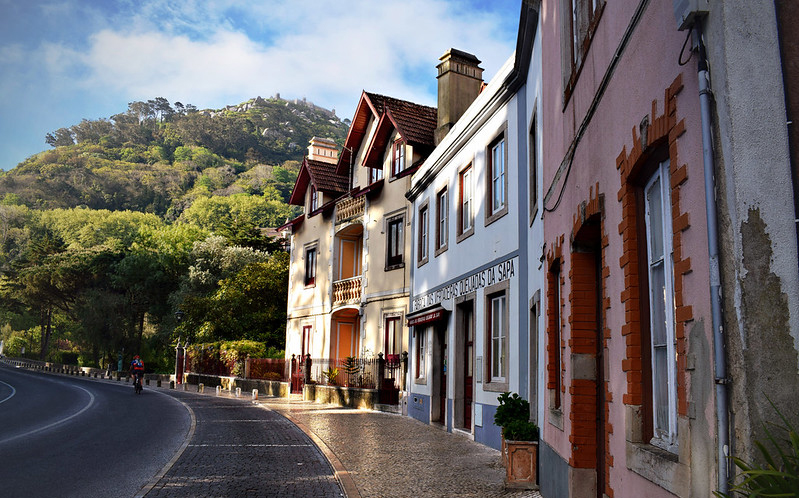Capital gains tax in Portugal is known as “Imposto sobre Mais-Valias.”
You are subject to CGT if you sell a Portuguese property bought post-1988 as well as profits on investments.
Luckily, personal items are not subject to this tax and only limited stamp duty needs to be levied on any inheritance.

Capital Gains on Property
This taxable gain is calculated by taking the selling price of any property, subtracting the acquisition costs as well as those incurred during ownership transfer, along with any property improvement costs incurred following twelve years of the date of the sale.
If you are a Portuguese resident, the capital gains will be taken into account alongside other income and you will be taxed at IRS rates of 14.5%-48%. However, you will only be taxed on 50% of the gain. Additionally, you will receive relief on any inflation following two years of property ownership.
It’s important to note that CGT is only applicable on investment properties; those Portuguese residents buying a new property with the proceeds of the sale of a primary residence within the country or elsewhere within the EU or EEA, will not be charged. This rule only applies for sales within three years after or two years prior.
Brits returning to the UK now the country has left the EU should check the rules around buying property in that country for eligibility.
Retirees or those over 65 can also benefit from exemptions if they place the gains within an insurance contract or deposit them in a pension fund before six months have elapsed.
Find out more about buying a property in Portugal in the Move to Algarve guide.
Investments
Shares, securities and bonds are taxed at a flat 28% rate (assets deemed to be from a ‘tax haven’ – including Gibraltar and Guernsey – are taxable at 35%).
Non-residents
Non-resident sellers much pay 28% tax on all capital gains or 25% if possessing company or trust status (if over 50% of that non-resident company’s value is made up of Portuguese real estate).
If you are an EU citizen, you might be able to save money on capital gains by registering for taxation in Portugal. However, your worldwide income will be taken into account when your tax liability is calculated.
If the vendor is a non-resident in, then 28% (25% for companies) is payable on all capital gains. If you are an EU citizen, you can opt to be taxed as a Portuguese resident instead but must declare your worldwide income to calculate the applicable tax rate.
Capital Gains Tax and the non-habitual residency (NHR) scheme
Those registered as NHRs escape most income from overseas income in Portugal for ten consecutive years as well as on income taxable overseas.
While expats should be able to escape most taxes in Portugal – and in the UK as well, due to the “disregarded income” rule – UK rental income, certain capital gains, interest and some dividends are not taxable.
Liability for UK capital gains tax
If you are a UK resident, you might be liable for CGT in the UK if you sell Portuguese assets.
Even those residing in Portugal and owning UK property are subject to CGT. Residential property has been subject to the tax since 2015 and commercial property was added 2019.
Life insurance policy loophole
You can hold investments in a life insurance policy free of CGT. However, you will have to pay tax if you withdraw value or cash it in. You can also sell or assign the policy tax-free. Find out more on the Portuguese Financas website. Specialist wealth managers may be able to help you avoid capital gains tax in Portugal via some life insurance policies.

